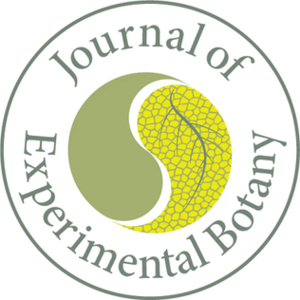NordPlant is very well represented in the upcoming special issue “Plant Phenotyping for a Sustainable Future” in the prestigious and high-impact Journal of Experimental Botany.
The PhenoLab, which is the high-throughput phenotyping facility at the University of Copenhagen was used in the article “High-throughput phenotyping of physiological traits for wheat resilience to high temperature and drought stress”.
By measuring key metabolites and enzyme activities from carbohydrate and antioxidant metabolism and applying machine learning for estimation of biomass growth Correia et al. could observe genetic differences in sensitivity to high temperature and water deficit. These can be further explored in future breeding efforts.
The enzymatic assays is also the focus of the second article “Enzyme activity profiling for physiological phenotyping within functional phenomics: plant growth and stress responses”. Here Jammer et al. present methods to extract more valuable information and identify enzymatic biosignatures from these assays.
They do a meta-analysis that demonstrates that enzyme activity profiling has already provided functional information on the mechanisms regulating plant development and stress response. The increases the robustness of this type of profiling and points at the future strength in combining these with –omics techniques.
The last paper presents a review on the need for plant phenotyping for the Nordic countries spanning the most northerly regions for field cultivation in the world. The specific agricultural challenges are short growing seasons, long days, and a need for frost tolerance.
Roitsch et al. argue that there is a need for appropriate methods to measure key target traits for Nordic climate conditions, that there are underlying opportunities for latitudinal studies, and present the general infrastructure needs for phenotyping to support Nordic agriculture. Read more in “Functional phenomics for improved climate resilience in Nordic agriculture”, which is open access.
The special issue is expected to be published fall 2022.


